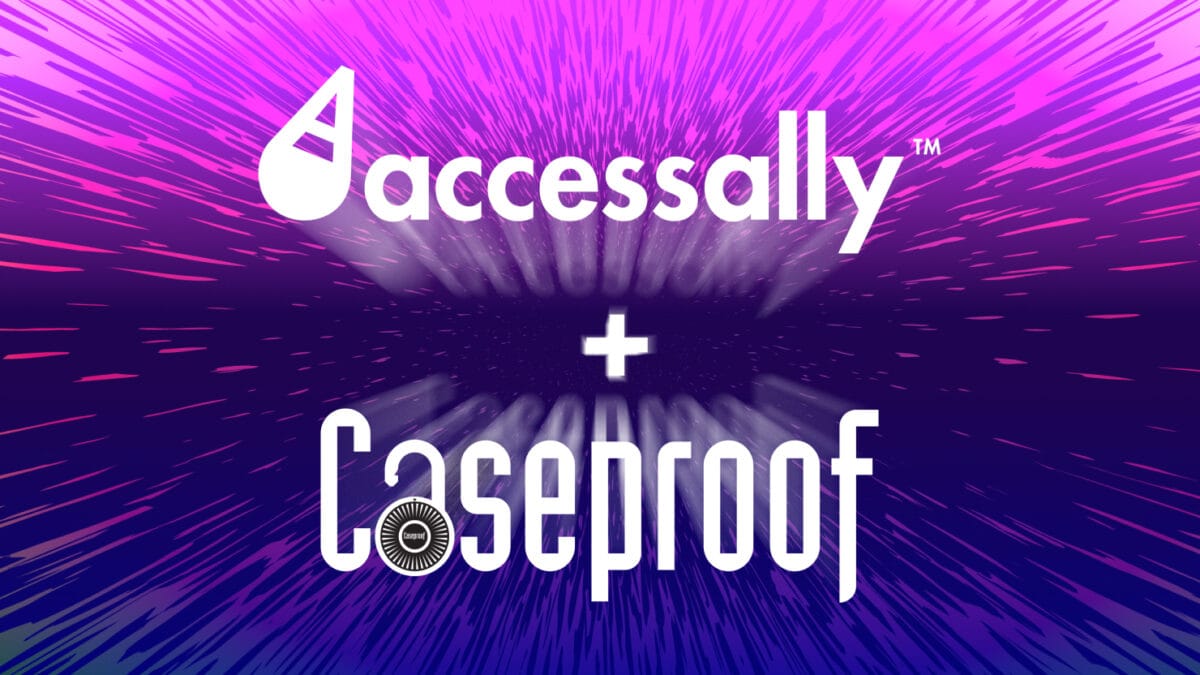Deciding between Webflow and WordPress can be tough.
Both platforms have their pros and cons, but which one is right for you?
In this video, we’ll compare the two platforms and help you decide which one is right for your next website project.
What is Webflow?
Webflow allows you to host and build your own website. Webflow has a visual site builder that lets you design, build, and launch responsive websites without writing code. Webflow also includes hosting, so you can publish your site with one click.
What is WordPress?
WordPress is a content management system (CMS) that enables you to create a website or blog from scratch, or improve an existing website. It’s estimated that WordPress powers over 40% of all websites on the internet.
Webflow vs WordPress
Philosophy
WordPress is open-source, which means that it is completely free for web developers to take and customize the code. There is also a huge community contributing to WordPress in terms of support, plugin development, theme development, and so much more.
On the contrary, Webflow is a closed platform. This means that you can’t go in and extend the functionality like you could with a WordPress website, and there aren’t a ton of plugins you can add to your Webflow site. Your Webflow website will have to be made through the platform, or custom code.
Any limitations?
Initially, WordPress was designed as a content management system for blogging. As a result, you can have as many posts, pages, or pieces of content as you want. You would only be limited by the space available on your WordPress website’s host.
On the other hand, Webflow has blog post and page limits, and you might need to upgrade to a paid or more expensive plan to accommodate your needs.
Website building experience
With WordPress, you may need a little bit of code to do exactly what you want. However, if there is a theme that has everything you need to build your WordPress website, it can be easy to create and design your site.
Webflow has an edge here, as it has many design customization options including animations. There isn’t any coding knowledge required, and you can create your website with their visual drag and drop page builder functionality, all in Webflow.
Complexity
Webflow has a nice simplicity to it, as you don’t have to manage a ton of additional plugins and your Webflow site can be relatively low maintenance. The website is more static, so you may just need to update it every now and then with content.
WordPress is more complex and has more maintenance in terms of its plugins, themes, and other elements, given that it is constantly being updated and getting better.
Hosting
With WordPress, you can host on any hosting provider you want; your website speed will depend on the host you choose.
For Webflow, you host on the platform, and they use Amazon hosting. This is a speedy and scalable option.
SEO
Both WordPress and Webflow have search engine optimization options. Keep in mind that this may not be an important deciding factor, as there are multiple ways to achieve the optimal SEO settings for you.
Webflow has SEO built into its platform, while WordPress has add-on functionality with plugins, which provides versatility.
Plugin functionality
WordPress is a winner in this category, as there are a ton of plugins available to enhance your website. WordPress integrates marketing tools, design customization plugins, LMS plugins, and much more.
All in all…
If you’re looking for flexibility, control, and the ability to have add-ons, WordPress is a strong contender. It is always evolving, so it will grow with you.
But, if you’re looking for something modern and cutting-edge with experimental aspects and low maintenance, Webflow may be a good choice for you.
Which platform you choose depends on what your needs are and what kind of website you’re looking to create.
We hope this Webflow vs WordPress comparison has helped you make a decision for your next project!
Have you used Webflow before? What do you think about it? Let us know!

